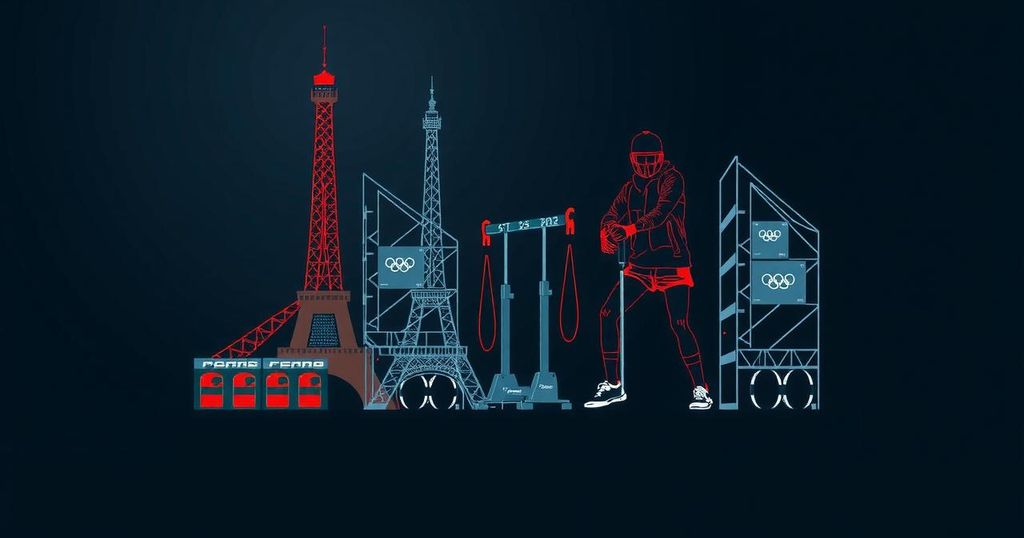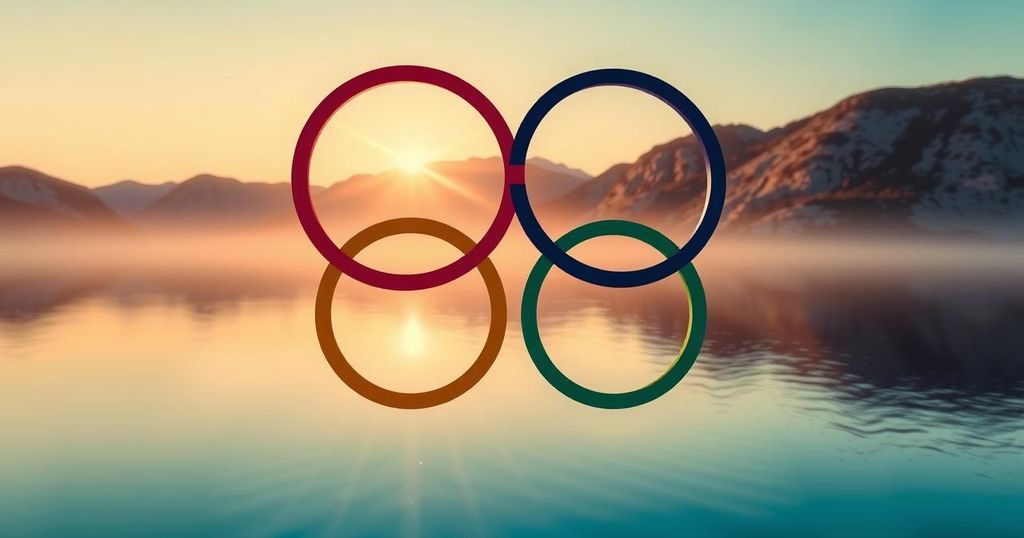Relocation of Sports Facilities Following Paris Olympics: A Sustainable Legacy
Summary
The Paris Olympics have initiated a significant transfer of temporary sports facilities to address the infrastructure gap in underserved areas, particularly in the Seine-Saint-Denis region. The Leon Marchand pool will be relocated to Sevran, where it will bear the athlete’s name, enhancing local sports access. This move exemplifies the Games’ commitment to sustainability and community legacy.
In the aftermath of the Paris Olympics, significant strides are being made in reallocating sports facilities used during the Games. Central to this transition is the dismantling of a temporary swimming pool located in the Paris Defense Arena, famed for witnessing Leon Marchand’s extraordinary four gold medal victories. This pool, constructed from a multitude of aluminum panels, will soon be transported to Sevran, a suburb in the Seine-Saint-Denis region, which faces a dire shortage of aquatic facilities. The Paris 2024 organizing committee has committed to donating the pool, which Sevran plans to honor by naming it the ‘Leon Marchand pool.’ The municipal council intends to cover the majority of operational costs. The Paris Games have set a precedent by relying on temporary facilities, aiming to reduce both expenses and environmental impacts associated with construction. “We learned a lot from previous editions,” remarked Marie Barsacq, head of impact and legacy at Paris 2024. Following the Games, various other temporary sports structures are being repurposed; for instance, half of the training pool will be utilized to establish a new 25-meter pool in nearby Bagnolet. As scaffolding comes down at various sites across the city, it is evident that the greater vision of the event focused on creating lasting benefits for underserved areas in the region. This is exemplified by the substantial investments in Seine-Saint-Denis, which received the bulk of the Games-related public infrastructure funding. Facilities will not only benefit local residents but also support community engagement in sports.
The Paris 2024 Olympic Games adopted a progressive approach by integrating temporary sports facilities, thereby innovating methods to minimize waste and foster sustainability. These measures were cultivated from lessons learned in the aftermath of previous Olympic events, where many venues fell into neglect and disuse post-Games. This strategy is anchored in a commitment to creating a meaningful legacy for local communities, especially in economically disadvantaged regions such as Seine-Saint-Denis, where access to sports infrastructure is critically limited. The initiative aims to not only enhance community engagement in physical activities but also to redistribute access to recreational facilities across the broader array of the French capital and beyond.
The transition of sports equipment following the Paris Olympics is a commendable initiative that seeks to bridge the gap in sports infrastructure between affluent areas and economically disadvantaged suburbs. By actively relocating remarkable facilities such as the Leon Marchand pool, the Paris 2024 organizing committee is paving a progressive route toward ensuring long-lasting, positive impacts on community sports engagement. The forward-thinking approach adopted during the Games sets a valuable example for future events globally, highlighting the importance of sustainable practices and equitable access to recreational resources. As underscored by the involvement of local councils and community planning, the emphasis on legacy and continuity illustrates a commitment to sporting excellence that extends beyond the Olympic timeframe.
Original Source: www.france24.com








Post Comment